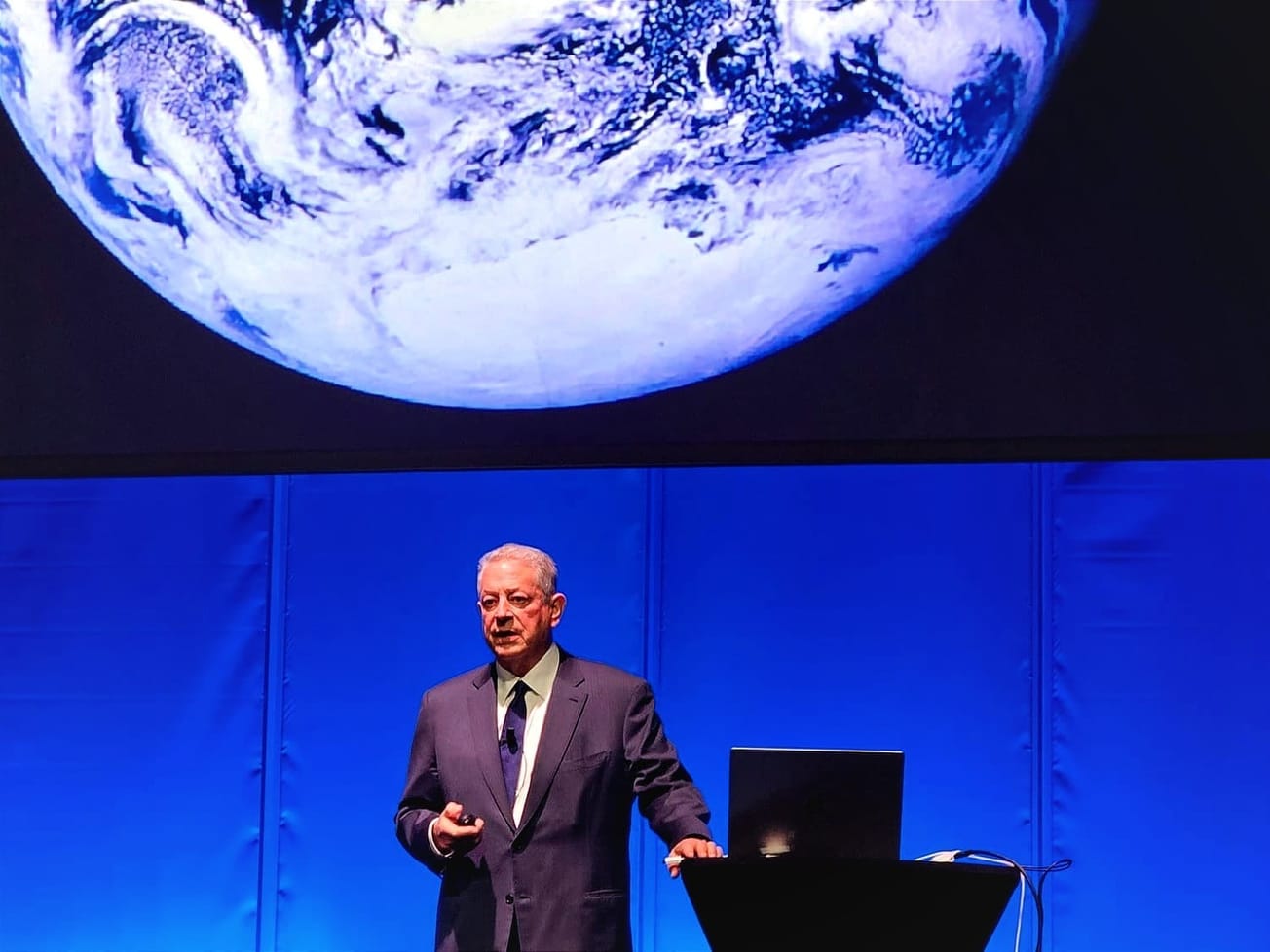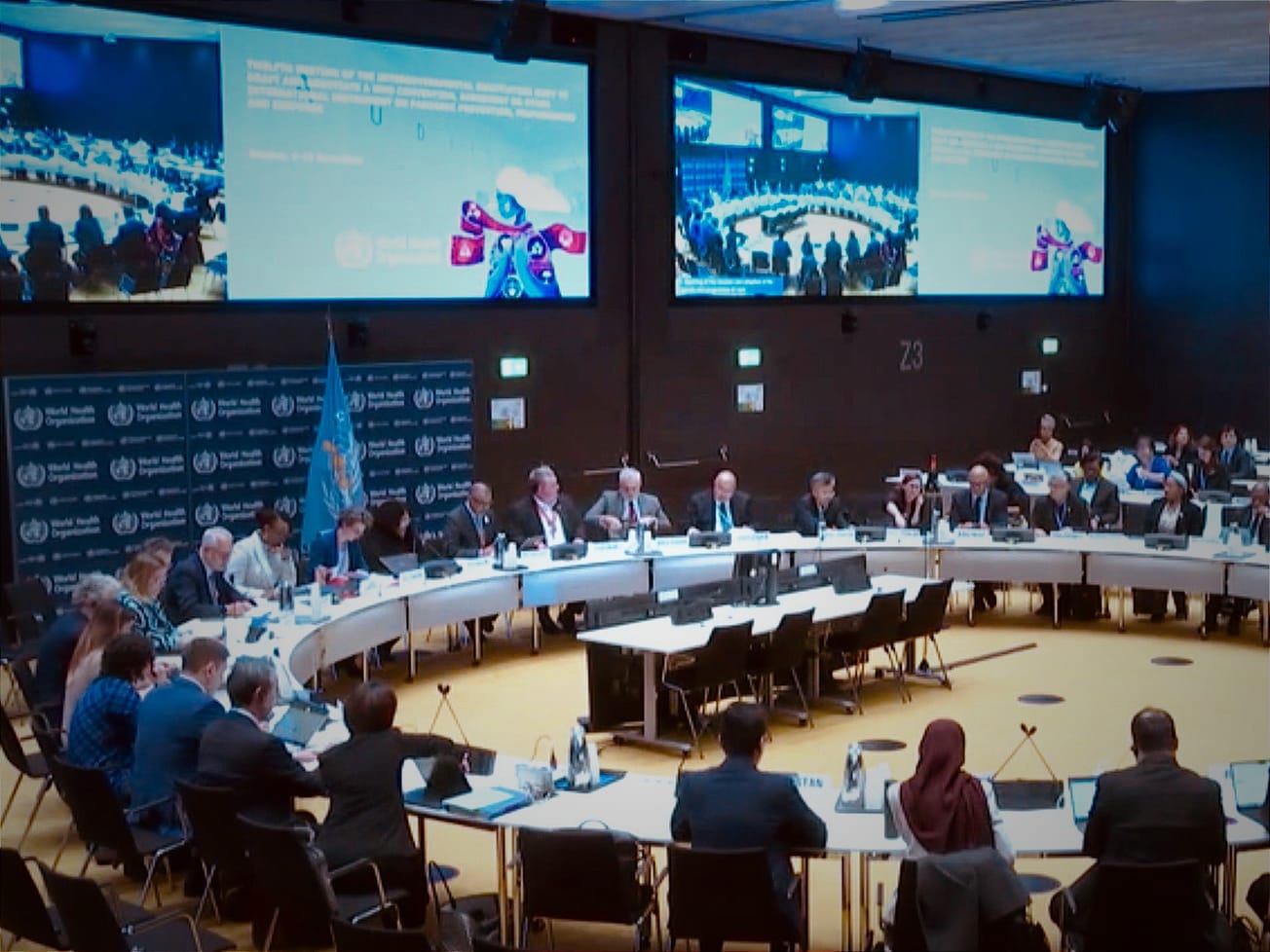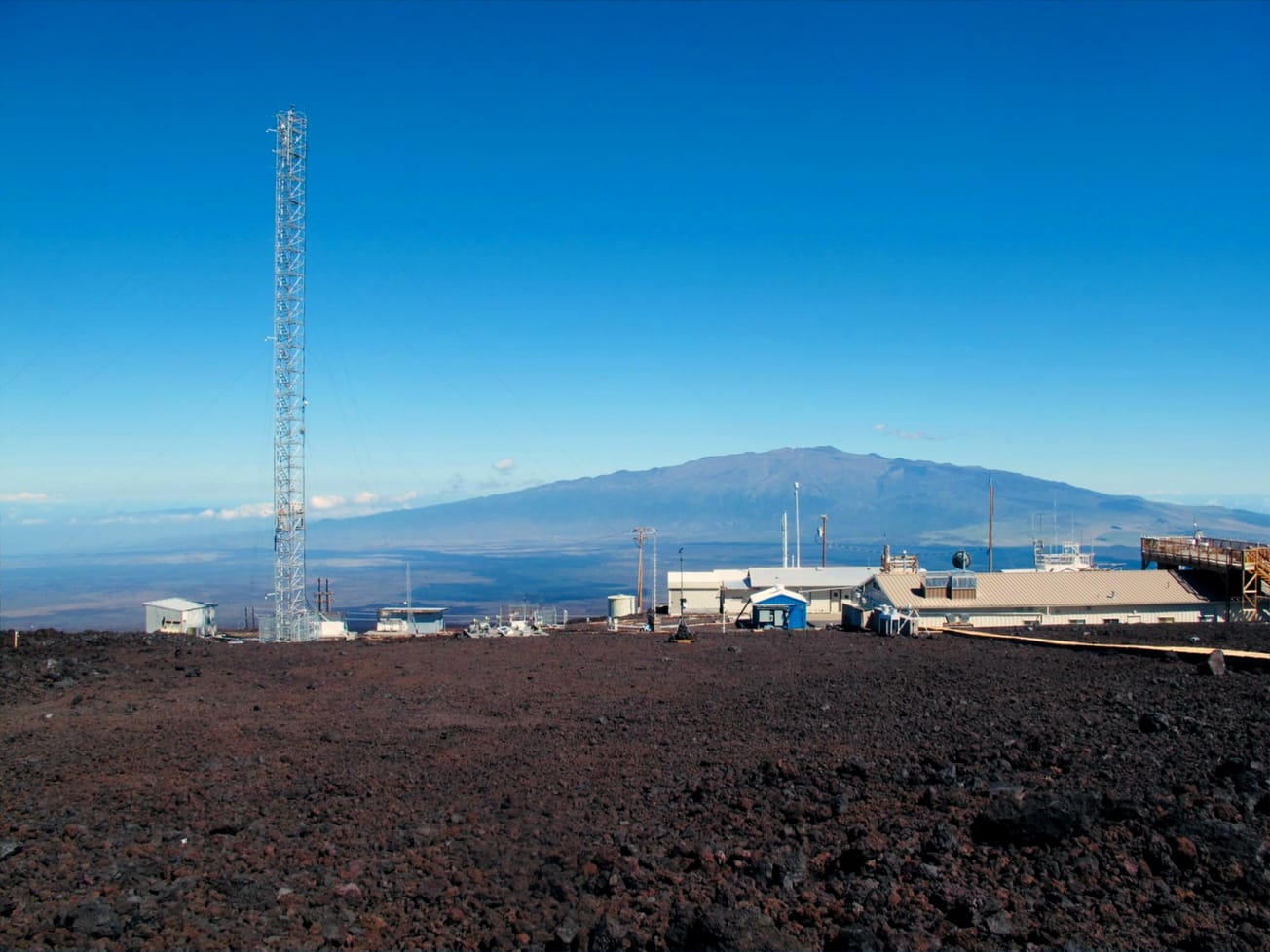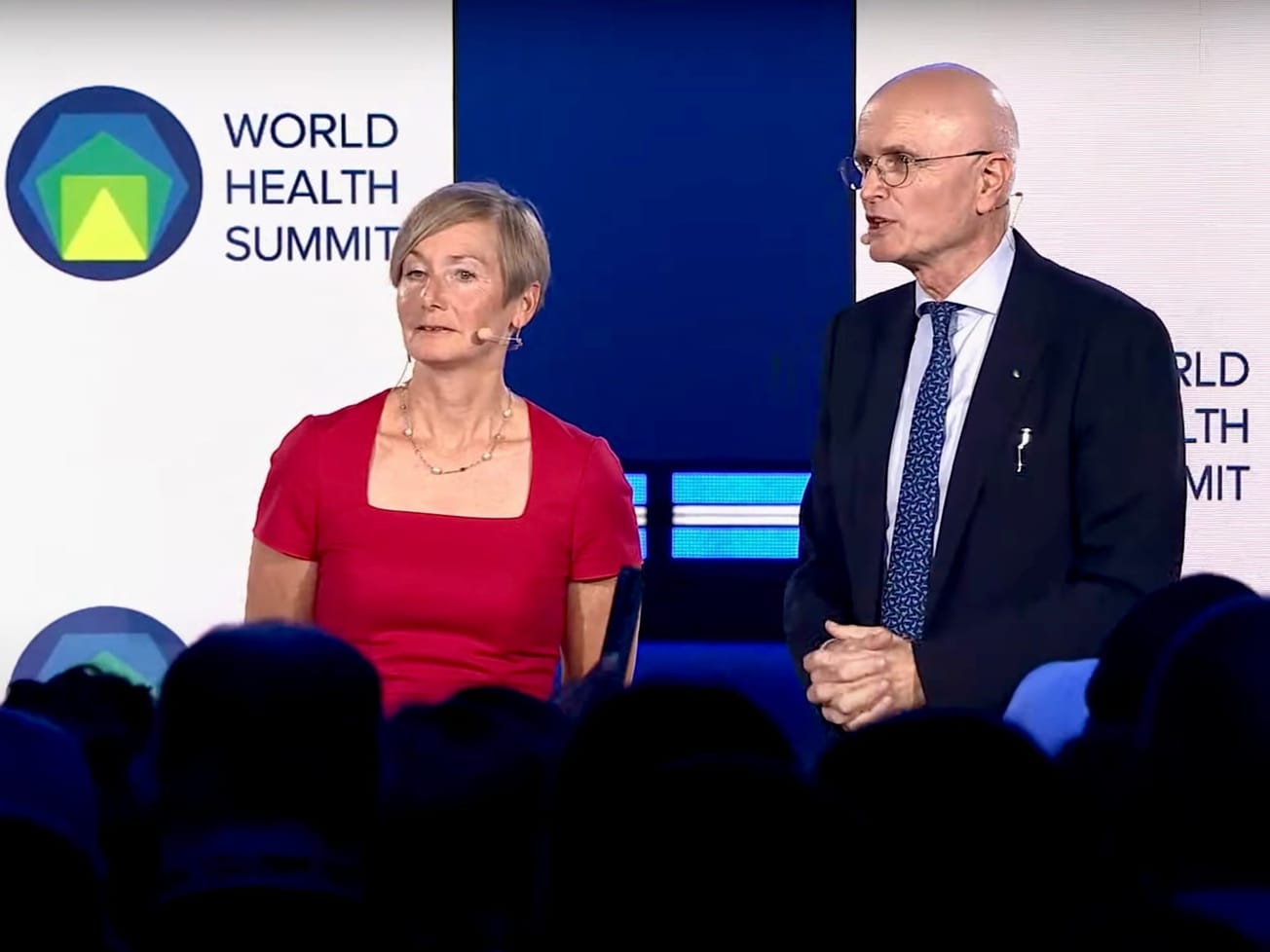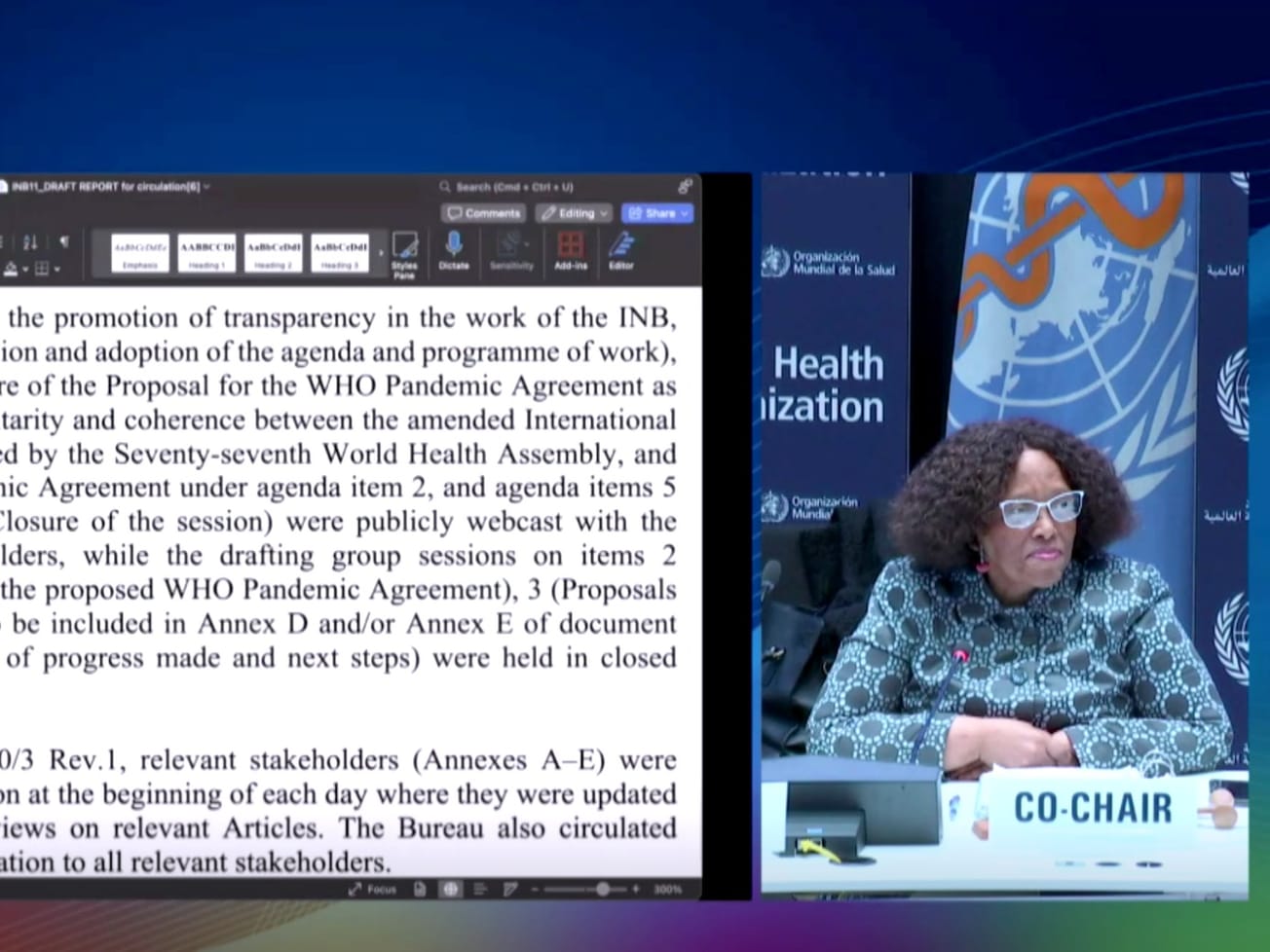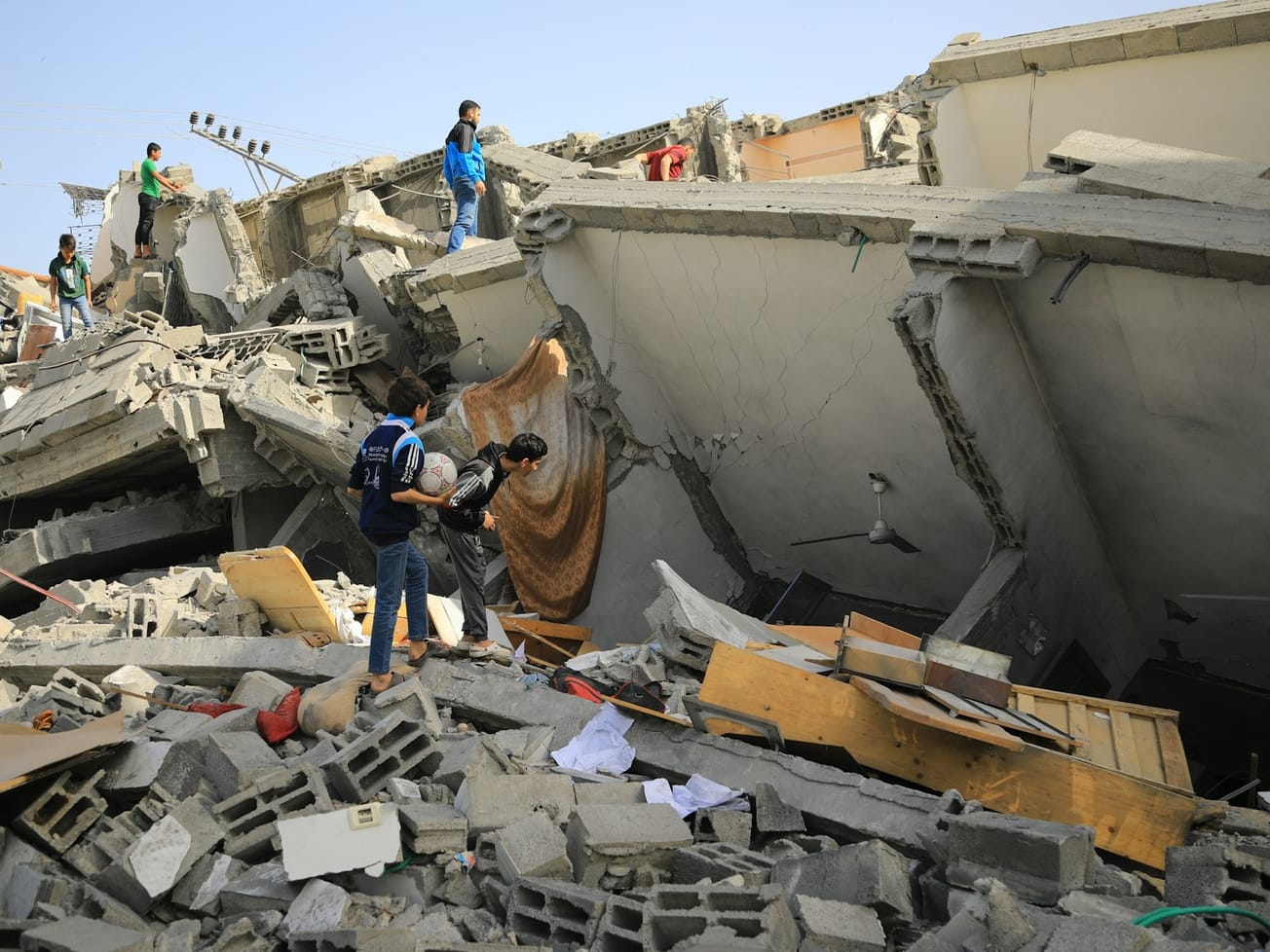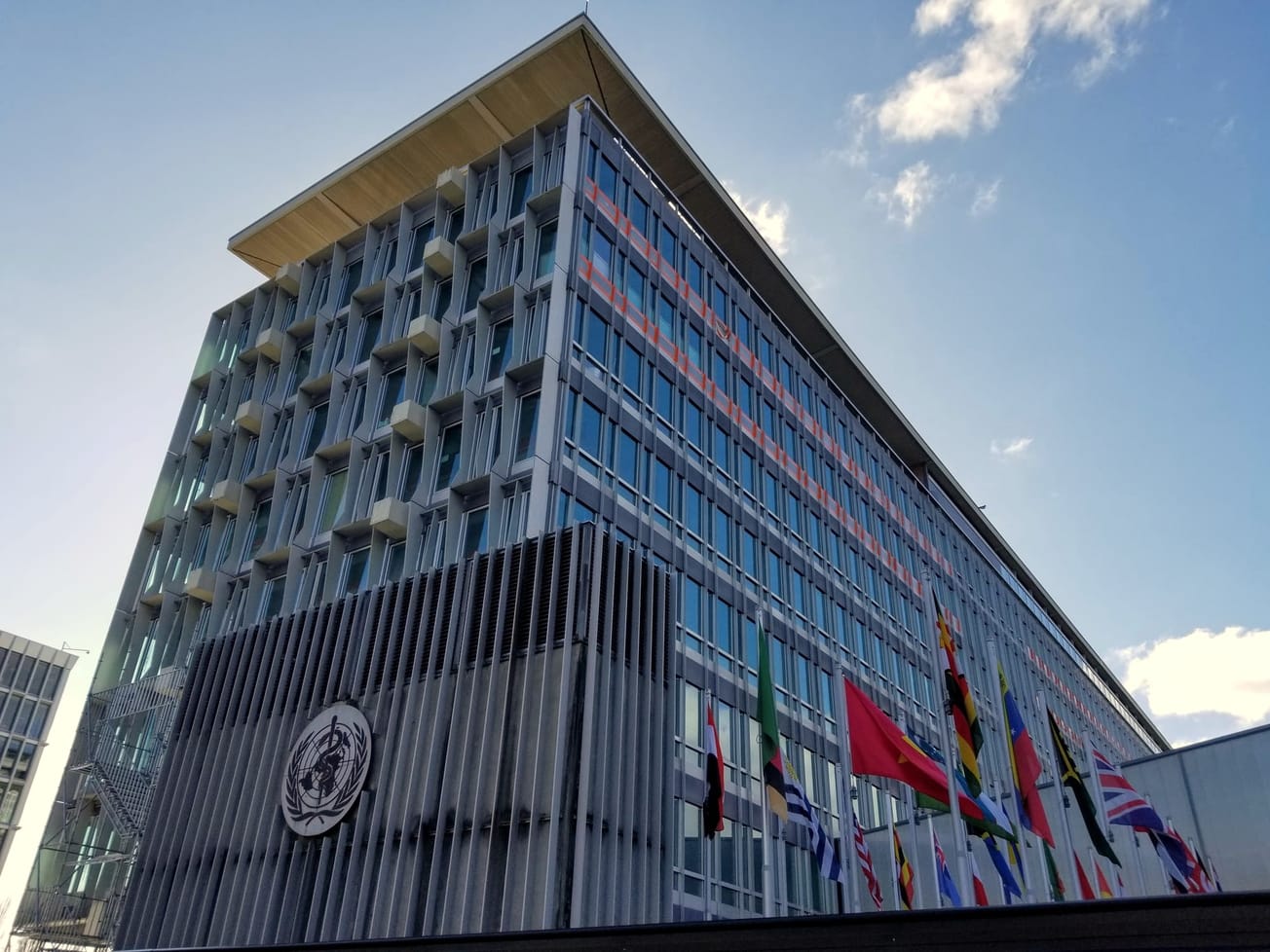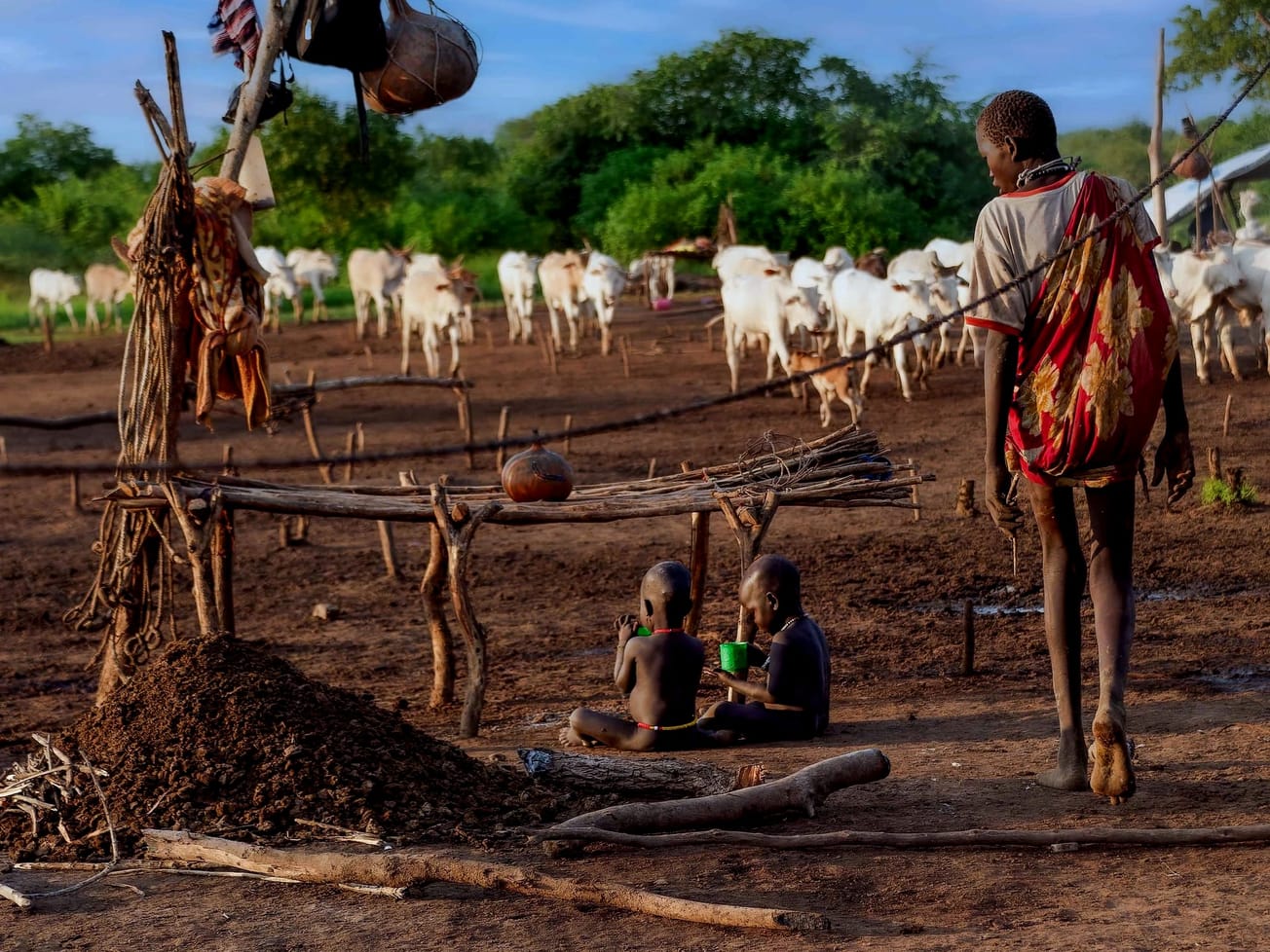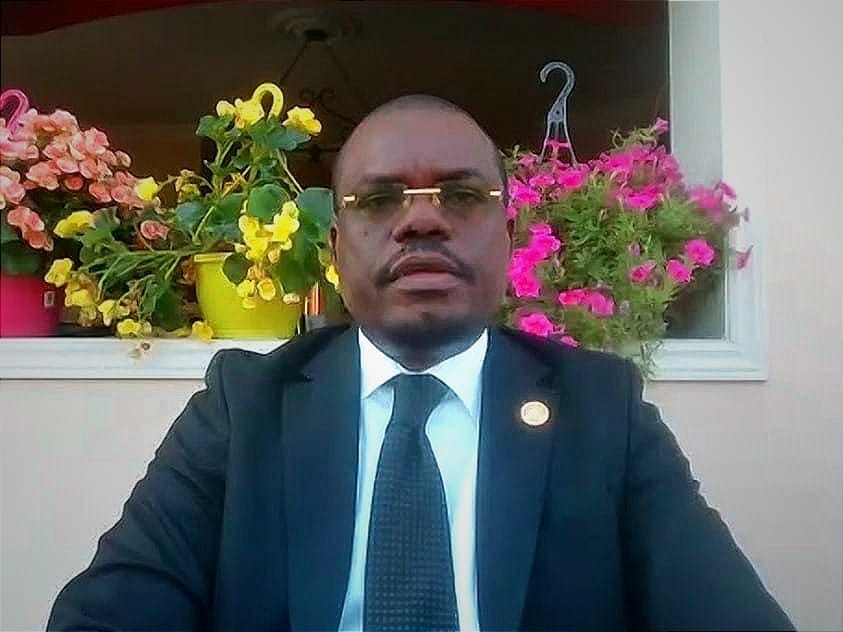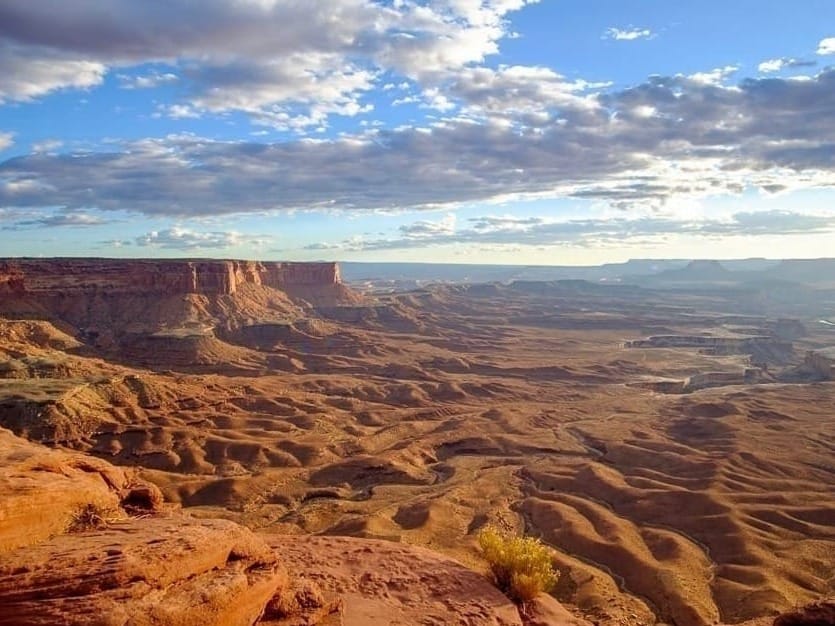
What to expect from the COP29 climate 'finance' summit in Baku
Nations have mobilized $100 billion a year for climate financing; now, more than $1 trillion a year may be needed.
Our coverage of the growing convergence of climate and global health issues, including the latest news on the science, politics and economics that are behind it.

Already have an account? Log in
Nations have mobilized $100 billion a year for climate financing; now, more than $1 trillion a year may be needed.
After four decades of climate advocacy, the former U.S. vice president still leads global resistance to fossil fuels.
Negotiators have until next year to try for a deal in WHO's decision-making body, but aim for a special session this year.
In 1958, climatologist Charles David Keeling pioneered CO2 measurement in the atmosphere on a Hawaiian volcano.
When nations update their pledges to cut greenhouse gas emissions next year, only a massive improvement will work.
WHO says it needs $11.1 billion for its core work over the next four years, but has only $4 billion in projected income.
If an agreement is reached before the end of the year, the World Health Assembly would need to meet in December.
The original target for the campaign was 640,000 children, which may have been an overestimate due to the war.
People's health, nature and farmland all suffer from the spiraling negative impacts, says the U.N. health agency.
The guidance comes weeks before the U.N. General Assembly takes up the issue of AMR at its high-level meeting this month.
With the Earth growing hotter and the oceans becoming warmer, rising sea levels threaten islands and coastal areas.
The U.N. health agency's $135 million mpox plan covers mainly 'international support to national mpox responses.'
Alarmed at the spread of a new variant, the U.N. health agency's move follows an previous one that ended last year.
Many of these children lack any modern means to endure the soaring temps that particularly afflict eight African countries.
WHO will convene an emergency panel to determine if the mpox outbreak in Africa is a global public health emergency.
The effects of climate change hit hard from the bombed streets of Gaza to the glitzy venues of the Paris Olympics.
